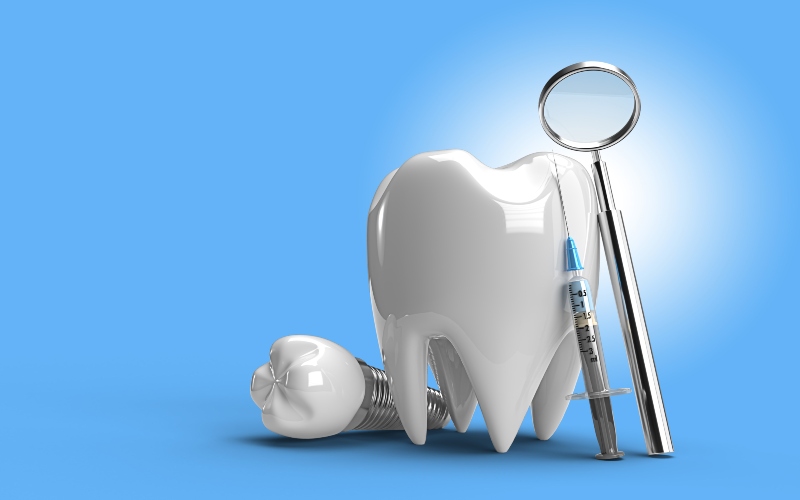Younger men are more depressed than older men: Research

Experts argue that men's adherence to traditional masculine norms inhibits men's help-seeking for depression.
Research suggests that younger age is often linked to higher levels of depression, loneliness, and a tendency to withhold mental distress, which may contribute to an increased risk of self-harm.
This is according to a recent study published in the journal SSM Mental Health.
More To Read
- Kenya unveils advanced bronchoscopy programme at KNH to strengthen respiratory care
- Violence is a normal part of life for many young children: Study traces the mental health impacts
- KNH murder suspect Kennedy Kalombotole to undergo fresh mental assessment
- KNH conducts first cochlear implant surgeries on 50 children
- When birth brings heartbreak: Mothers share their stories of children with deformities
- Kenya launches Sh120 million cochlear implant programme to help deaf children hear
The findings show that men tend to manage their distress by numbing, escaping, and avoiding their negative emotions and problems. Over time, the distress can then build up, leading to worsened mental health and maladaptive behavior directed towards oneself (self-harm, suicide) and others (aggression, violence). Promoting men's abilities on how to productively manage mental distress.
In general, men are not accessing mental health diagnosis, treatment or management and this is becoming more of a challenge in reaching
Younger men were also the loneliest. The publication revealed that loneliness did indeed function as a direct mediator of the relationship between depression and non-disclosure. As predicted, a higher depression was associated with a higher loneliness, which was then positively linked to a higher likelihood of non-disclosure of mental distress the report indicated.
According to Ian Kanyanya, a psychiatrist at Kenyatta National Hospital, Psychiatric Department there is an increase in the number of depression diagnoses among young men in the country.
"We see patients as young as 10 years going through depression. We see younger patients than the older ones. Teenagers, Early adulthood 20-30 and it is not common in the ages of 40 and above. Younger men and the youthful population in general are the most highly depressed according to the patients we see at our facilities," he stated.
Experts argue that men's adherence to traditional masculine norms inhibits men's help-seeking for depression. This restriction to men's health-promoting behaviors, particularly in terms of emotional self-disclosure, can have a serious impact on their (mental) health.
Dr Kanyanya said, "We have a problem of acceptance of mental health conditions especially in African settings. Men in particular are skewed to be solution-givers and not seekers of solutions. Consequently, they give these services a wide berth. The men think they are strong. There is nothing wrong with men seeking help."
Globally according to the World Health Organisation, WHO, twice as many men die due to suicide as compared to women despite women being three times likely to suffer depression than men.
Top Stories Today














































